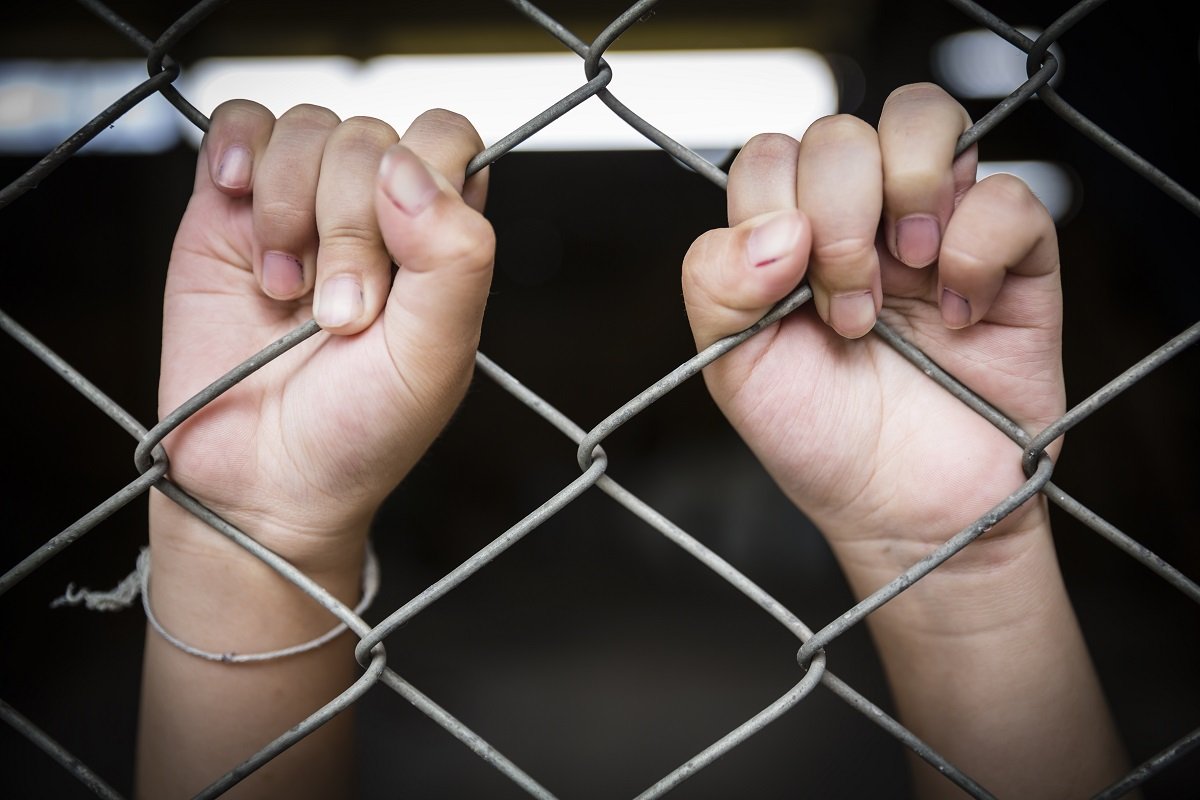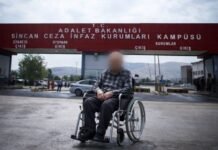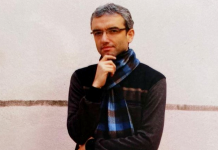Yusuf Köksal, an inmate convicted of terrorism due to his links to the Gülen movement, has not been released from prison although he became eligible for parole over a year ago, his wife revealed on Twitter.
Kübra Köksal said her husband has been eligible for parole since March 2021; however, the prison administration has refused to release him for no tangible reason. “Although my husband has good behavior reports, they [the prison administration] are trying to provoke him into committing a disciplinary offense,” she said. “They are putting him under immense psychological pressure just to revoke his good behavior reports.”
Good behavior reports are key for a prisoner to be eligible for parole.
According to Kübra Köksal, her husband has also been beaten by prison guards on several occasions.
Kübra Köksal said she was desperate for her husband’s release as she had not been able to visit him for a year due to the distance between their hometown and the prison. “While other inmates are allowed to have video calls with their families, my husband has been denied this right,” she said. “I just want my son to be able to see his father.”
Köksal is currently in Afyon T-Type prison, a maximum security prison in central Turkey, which is notorious for mistreatment and psychological abuse. Inmates, in particular political prisoners, have frequently been threatened with the revocation of eligibility for parole.
Turkish President Recep Tayyip Erdoğan has been targeting followers of the faith-based Gülen movement since the corruption investigations of December 17-25, 2013, which implicated then-prime minister Erdoğan, his family members and his inner circle.
Dismissing the investigations as a Gülenist coup and conspiracy against his government, Erdoğan designated the movement as a terrorist organization and began to target its members. He intensified the crackdown on the movement following an abortive putsch on July 15, 2016 that he accused Fethullah Gülen, who inspired the movement, of masterminding. Gülen and the movement strongly deny involvement in the coup attempt or any terrorist activity.
According to the Turkish Penal Code, people convicted of membership in a terrorist organization are eligible for parole after serving two-thirds of their sentence.
However, authorities have made it increasingly difficult for political prisoners to benefit from parole by requiring good behavior reports. Prisoners are also required to disclose their political beliefs and repent for their “crimes.” According to lawyers, this contravenes the Turkish Constitution.
Many political prisoners and especially journalists are still awaiting parole despite having served the stipulated amount of time in prison .
In some cases, inmates are not released because their prison sentences have not yet been upheld by the Supreme Court of Appeals. However, even though some political prisoners signed waivers saying they accepted the lower court’s verdict and did not want to wait for a decision on the appeal, they were not granted parole.















